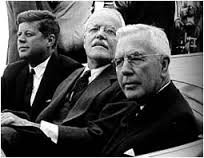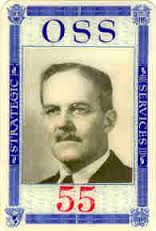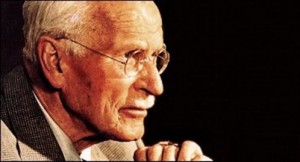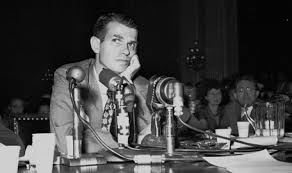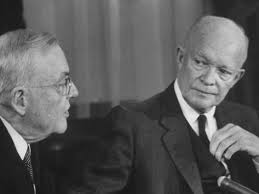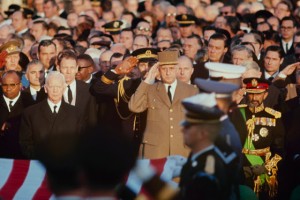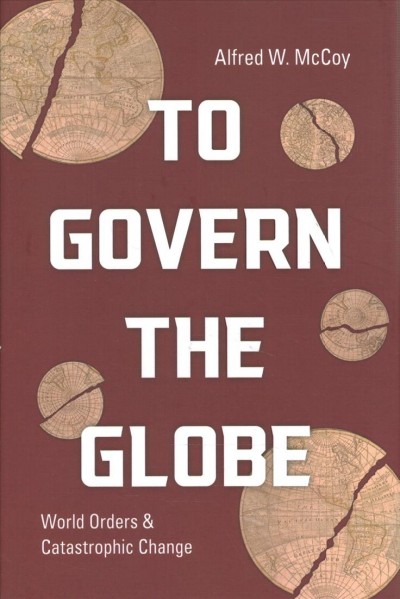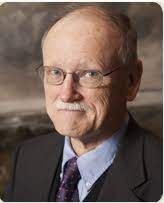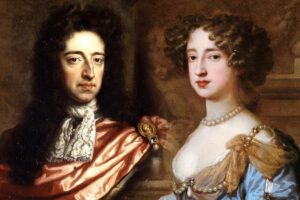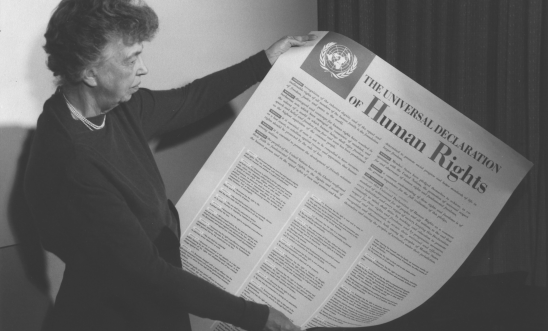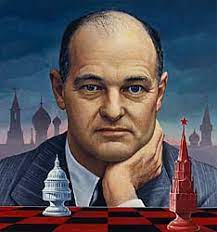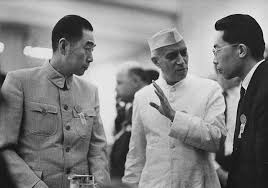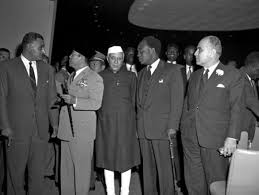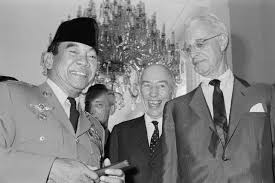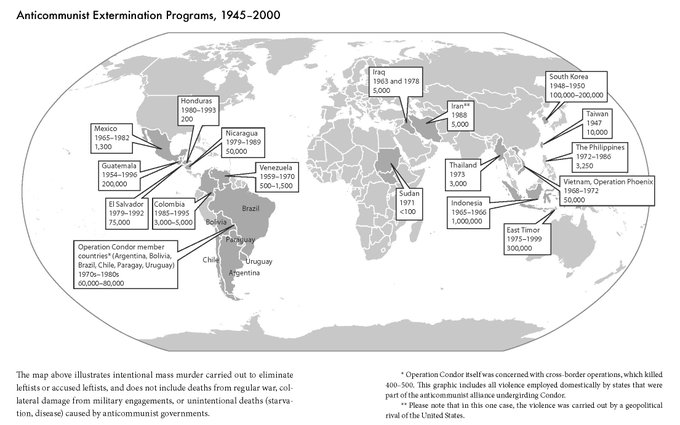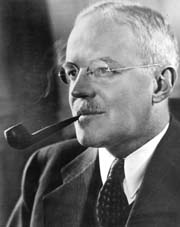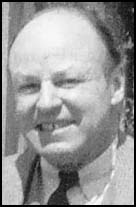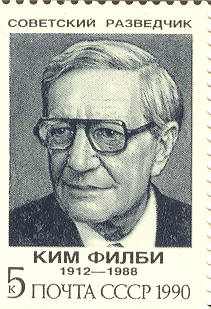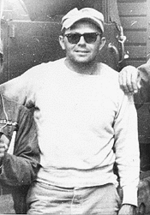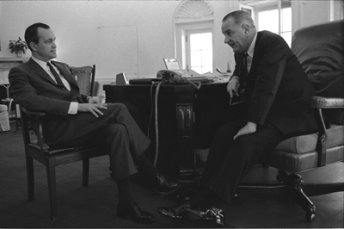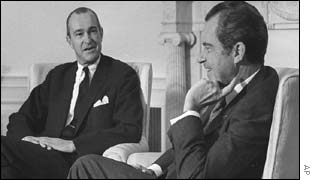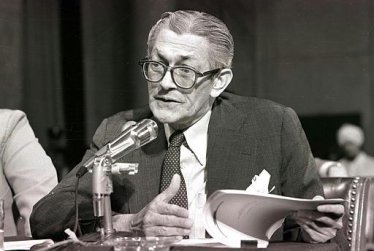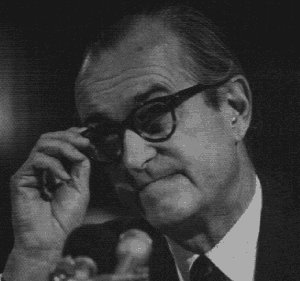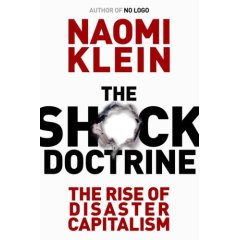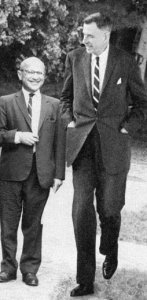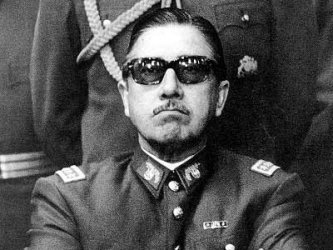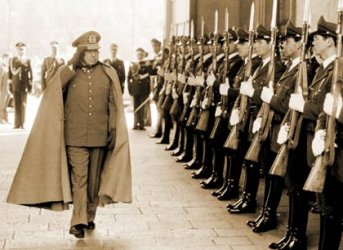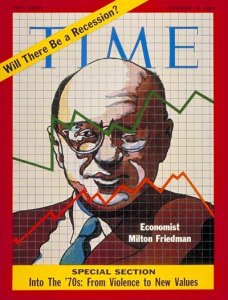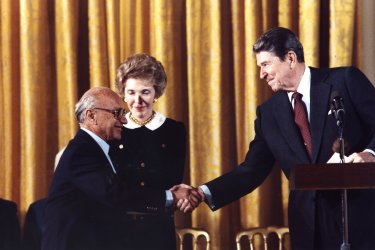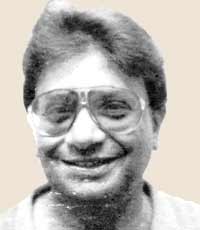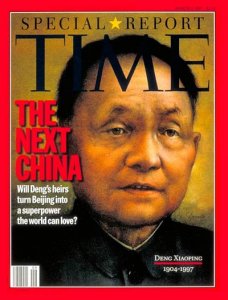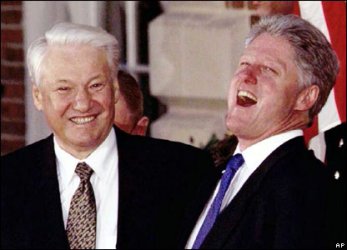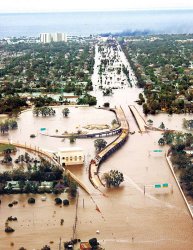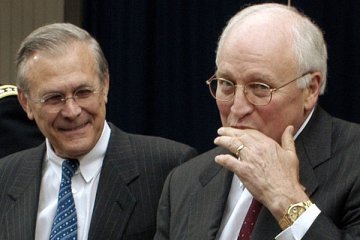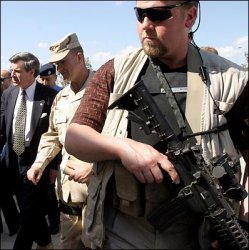Allen Dulles, Pioneer to the dark side and faithful servant to the Ruling Class
Saturday, February 27th, 2016The Devil’s Chessboard, Allen Dulles, the CIA, and the Rise of America’s Secret Government, David Talbot, 2015
This book is a reminder that our government’s journey to the dark side did not begin with Dick Cheney, Donald Rumsfeld, and W, or even with Henry Kissinger and Nixon. No its real roots go back to the OSS in WWII and to one man in particular, Allen Dulles.
Any book dealing with Allen Dulles must also include his older brother John Foster Dulles. We will take Talbot’s nomenclature and use “Dulles” when referring to Allen, and “Foster” when referring to John Foster. There was also a brilliant younger sister Eleanor Dulles who was a lifelong diplomat and ambassador to Bonn Germany under Eisenhower. The Dulles clan were the children of a Presbyterian minister and Dulles sometimes referred to himself as the Calvinist.
Eleanor recalled a childhood incident summering on lake Ontario when Dulles was ten, Eleanor eight, and Nataline five. Nataline was playing with a rock when she fell into the lake. Eleanor screamed but Dulles, a strong swimmer, stood passively on the dock observing the struggling sister. He never moved but the mother, hearing Eleanor, ran from the house to rescue Nataline.
Dulles joined the OSS in WWII and assigned himself to serve in Bern Switzerland. His own wife Clover called Dulles the “shark” and she and Dulles’ long time mistress Mary Bancroft (they became close friends) sought counseling from Carl Jung in Switzerland. Jung observed in Dulles the disturbing mix of magnetism and ruthlessness common to dictators but Dulles had an impenetrable blankness making him hard to read. Other people, for Dulles, were either useful or nonexistent. Dulles was not capable of experiencing love. Only power was real to him. Dulles met Jung in 1943 and gave Jung an OSS spy number, Agent 488.
When Dulles’s brilliant only son Allen Jr., an Oxford graduate, failed to win affection or even attention from his father, he volunteered for the Korean War and was seriously brain damaged. Dulles subjected his son to CIA brain control researchers first with the notorious Dr. Wolff at Cornell and later with the equally notorious McGill University psychiatric facility. Clover finally intervened, moving Allen Jr. to a private institution in Switzerland where he remained until Dulles death. Allen Jr. was terrified of his father. Was Dulles a sociopath or a psychopath? Talbot never uses either term.
The Dulles brothers both worked at the Sullivan and Cromwell Wall Street Law Firm where Foster was the top executive. After WWI the firm developed a deep understanding of Swiss banking and played a central role in arranging German reparation contracts for leading German industrial firms like the cartels IG Farbin and Krupp steel. The brothers knew the key players in both Switzerland and Germany. It was no accident that Dulles positioned himself in Switzerland during WWII. For their entire lives, the Dulles brothers put their Sullivan and Cromwell clients and other American elite families like the Rockefellers, the Fords, the Carnegies, the Morgans ahead of the interests of their government. They remained throughout their lives faithful and trustworthy servants and stewards to those C Wright Mills referred to in his 1956 masterpiece as The Power Elite. Their class were almost exclusively ivy league educated WASPS belonging to the proper clubs.
The men of the highest circles are not representative men; their high position is not a result of moral virtue; their fabulous success is not firmly connected with meritorious ability…They are not men shaped by nationally responsible parties that debate openly and clearly the issues this nation now so unintelligently confronts. They are not men held in responsible check by a plurality of volunteer associations which connect debating publics with the pinnacles of decision. Commanders of power unequaled in human history, they have succeeded within the American system of organized irresponsibility.
from The Power Elite
FDR was considered a traitor to their class because of his “radical New Deal” policies and they worked actively to ignore or undermine his policies. When FDR announced that only unconditional surrender would end WWII, Dulles acted treasonously to negotiate a truce with the fascists in Italy and attempted the same with the Nazis in Germany. He felt only existing right wing leaders in Italy and Germany would be able to withstand the encroachment of hated communism in both countries.
After FDR’s death in 1945, the Dulles brothers and their power elite set out to purge the government of all New Deal supporters. One of those recruited by Dulles for this purpose was Richard Nixon. Nixon was a Californian with Quaker roots and educated at Whittier College and Duke Law School. He applied to top law firms in New York in 1937 including Sullivan and Cromwell and received no offers (wrong class) an experience that left him bitter for the rest of his life. In 1945, naval officer Nixon was sorting through Nazi papers in an old torpedo factory in Alexandria when he found documents showing how the Dulles brothers laundered Nazi funds during the war. Nixon did what any patriotic military officer would do, he blackmailed Dulles. In return for his silence about the documents, Dulles would sponsor Nixon in the 1946 congressional race run against Jerry Voorhis, leader the the progressive caucus and one the the most powerful New Dealers in Congress. Dulles corporate friends supported Nixon lavishly and he won the election taking significant cash and a new car to Washington.
Nixon then went after New Dealer and FDR high ranking State Dept official Alger Hiss. Foster had just appointed Hiss to head the Carnegie endowment but Hiss had embarrassed Nixon in front of the HUAC and Nixon wanted revenge. Nixon discovered incriminating documents hidden in a pumpkin and Hiss career was finished. President Nixon later bragged to his staff how he had forged the documents.
The Dulles brothers expected to take over the State Department and CIA with the election of Dewey in 1948. When Truman won a surprising victory, Dulles had to look elsewhere. In 1949 Dulles founded an obscure intelligence outpost in the State Department meaninglessly named the Office of Policy Coordination. Dulles maneuvered Frank Wisner into position as OPC Chief and by 1952 OPC was operating 47 overseas stations and employed 3000 people. It specialized in the black arts of espionage sabotage, subversion, and assassination. Money for its operations came from Nazi loot that Dulles had access to. Many of its recruits were ex-Nazis. The OPC operated with no oversight or supervision. Few even knew it existed.
In 1952 Foster went to London to convince Eisenhower, then head of NATO, to run for President. Foster simply bored Eisenhower and Churchill wickedly quipped, Dull, Duller, Dulles. Nevertheless Eisenhower ran and won and the Dulles era was launched in 1953. Dulles thought the HUAC was useful in the effort to purge New Deal government employee and he counted on Nixon to hold McCarthy in check. But no one could control McCarthy and he immediately attacked the Eisenhower administration starting with Foster’s State Department. Foster also felt cleaning New Dealers from his State Department was important and cooperated with the HUAC, even initiating purges of his own. State Department morale dropped to an all time low as countless careers were crushed. The US Information Service (USIS) was almost totally decimated and its libraries around the globe badly censored of material. Even the music of Aaron Copland (Appalachian Spring, Billie the Kid, etc.) was banned. When McCarthy turned to the tougher Dulles CIA the story was a little different. Dulles initially ignored or misplaced the HUAC subpoenas and when McCarthy refused to take the hint, Dulles went to McCarthy’s capital hill office to confront McCarthy with the extensive intimate dossier the CIA had assembled on McCarthy’s homosexual activities. McCarthy backed off the CIA and his ultimate downfall and Senate censure followed. McCarthy drank himself to death soon after.
The Dulles brothers sabotaged the government’s antitrust case against big oil’s Seven Sisters by having the case moved to Foster’s state department where it languished. Dulles organized the overthrow of the democratically elected Mossadegh’s government in Iran because they nationalized British oil production and cancelled a $650 million contract with Sullivan and Cromwell client Overseas Consultants. Eisenhower resisted efforts to overthrow the Iran government until the brothers convinced him that Iran’s oil was at risk of falling into communist hands. This new tactic worked magic with administrations for decades. Teddy’s grandson Kermit Roosevelt headed the coup efforts for the CIA and when the Shah ran away to Rome, Dulles went personally to escort him back to Iran and put him back on his Peacock throne. In 1954, CIAs Howard Hunt (of Bay of Pigs and Watergate fame) was sent to Guatemala to overthrow the legitimate Arbenz government because he had promised to redistribute unused United Fruit (another Sullivan and Cromwell client) lands to the people of Guatemala. United Fruit would have been compensated under the plan. Again Eisenhower bought into the fallacious threat of communist takeover argument. Then in 1956, CIA contractors picked up Columbia professor Jesus de Galindez who had written a 750 page dissertation critical of Dominican Republic dictator Trujillo, from the streets of Manhatten and flew him to the Dominican Republic where he was handed over to Trujillo who tortured and murdered the scholar. This is the first documented case of CIA Extraordinary Rendition.
This was the era of two revealing movies The Manchurian Candidate about mind control, and Dr. Strangelove.
After 8 years of continuous black ops, Dulles planned the ill fated Bay of Pigs invasion to overthrow Castro in Cuba that internal CIA assessments knew was doomed to failure. The CIA could never have successfully conducted an operation of this scale and against combat hardened well armed troops. Eisenhower amazingly approved the shoddy third rate plan scheduled to take place shortly after the inauguration of the new President JFK. Talbot says it was as if Eisenhower intentionally handed Kennedy a live grenade with the pin pulled. JFK, against the best advise of his team, kept Dulles and Hoover in their jobs upon assuming office but after the Bay of Pigs, for which Kennedy had to take full responsibility, Dulles career at the CIA was finished. Dulles, to the end of his life acted and was received by top CIA officials as if he still ran the agency. The CIA ran a black ops site near Williamsburg nicknamed the farm where Dulles kept an office til near his death in 1969.
Eisenhower had changed while in office. He no longer kept contact with his long time military friends but spent his spare time in the company of the power elite, most famously at Augusta National Golf Club. He embraced coups, assassinations, and other black ops as an inexpensive alternative to costly military action and also embraced massive nuclear retaliation as a reasonable response to soviet aggression. Kennedy promised a different future in this 1957 speech.
The most powerful single force in the world today is neither communism nor capitalism, neither the H-bomb nor the guided missile–it is man’s eternal desire to be free and independent. The great enemy of that tremendous force of freedom is called, for want of a more precise term, imperialism–and today that means Soviet imperisam and, whether we like it or not, and though they are not to be equated, Western imperialism…If we fail to meet the challenge of either Soviet or Western imperialism, then no amount of foreign aid, no aggrandizement of armaments, no new pacts or doctrines, or high-level conferences can prevent further setbacks to our course and to our security.
Congo President Patrice Lumumba 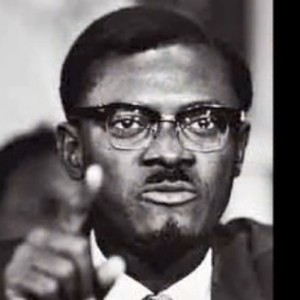
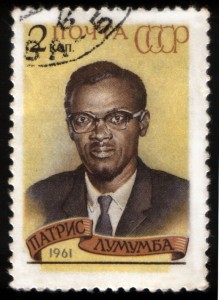
Kennedy was a supporter of Patrice Lumumba, Congo’s first democratically elected leader following Belgium’s brutal colonial rule. In an act of incredible insubordination, Dulles went ahead with a CIA plan to kidnap Lumumba and hand him over to his enemies. Dulles was again acting on the wishes of Sullivan and Cromwell client firms with interests in the Congo. Lumumba was horribly tortured and killed but it was more than a month before Kennedy was told of his death.
Warren Commission Controlled by Dulles – Report Widely Discredited 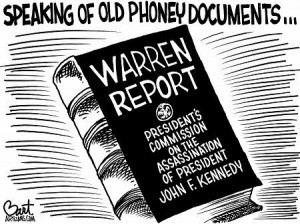
Almost a third of this more than 600 page work is given to the assassination of the Kennedy brothers. This reader does not follow the research or theories of these events so is uncomfortable commenting on Talbot’s discussion. Talbot clearly believes JFK’s murder was a CIA, FBI, Secret Service conspiracy and a coup d’etat. He thinks RFK, an avid follower of all the research and writing on the JFK assassination did not support reopening the investigation because of the power of those responsible. RFK thought only if he were to occupy the white house would he be able to bring those responsible to justice. Talbot discusses the Jim Garrison New Orleans research which was the subject of Oliver Stone’s movie JFK . Federal agencies in Washington refused to provide documents to Garrison and others who were interested in further investigation like RFK were afraid to join Garrison’s efforts.
RFK’s assassination was eerily similar to that of his brother – problems with facts and evidence, fouled up investigations, and cover-ups. According to Talbot’s research both assassins had to be CIA patsies neither capable of executing anyone. Sirhan Sirhan may have even been drugged and pushed into place because he was totally incoherent at the time and later had no recall of events. During RFK’s assassination, fifteen shots were fired and the fatal shot came from the wrong direction, etc., etc. Dulles very cynically kept up a friendly exchange of letters with Teddy Kennedy after the RFK assassination, no doubt to assure himself that Teddy would not turn into the next big threat to investigate the assassinations.
Talbot found an interesting quote published in France only in 2002 from Charles de Gaulle, who survived an attempted assassination in 1961 as dramatized in the movie Day of the Jackal.
America is in danger of upheavals. But you’ll see. All of them together will observe the law of silence. They will close ranks. They’ll do everything to stifle any scandal. They will throw Noah’s cloak over these shameful deeds. In order to not lose face in front of the whole world. In order not risk unleashing riots in the United States. In order to preserve the union and to avoid a new civil war. In order not to ask themselves questions. They don’t want to know. They don’t want to find out. They won’t allow themselves to find out.
The CIA’s Gray Ghost 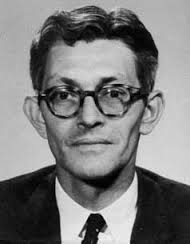
A minor character in the book is OSS spy James Jesus Angleton who met Dulles in Rome in WWII and remained Dulles life long acolyte. On his deathbed in 1987:
Fundamentally, the founding fathers of U.S. intelligence were liars. The better you lied and more you betrayed, the more likely you were to be promoted…Outside their duplicity, the only thing they had in common was a desire for absolute power. I did things that, in looking back on my life, I regret. But I was a part of it and loved being in it…Dulles, Helms, Wisner–these men were the “grand masters”. If you were in a room with them, you were in a room full of people you had to believe would deservedly end up in hell. I guess I will see them soon.
